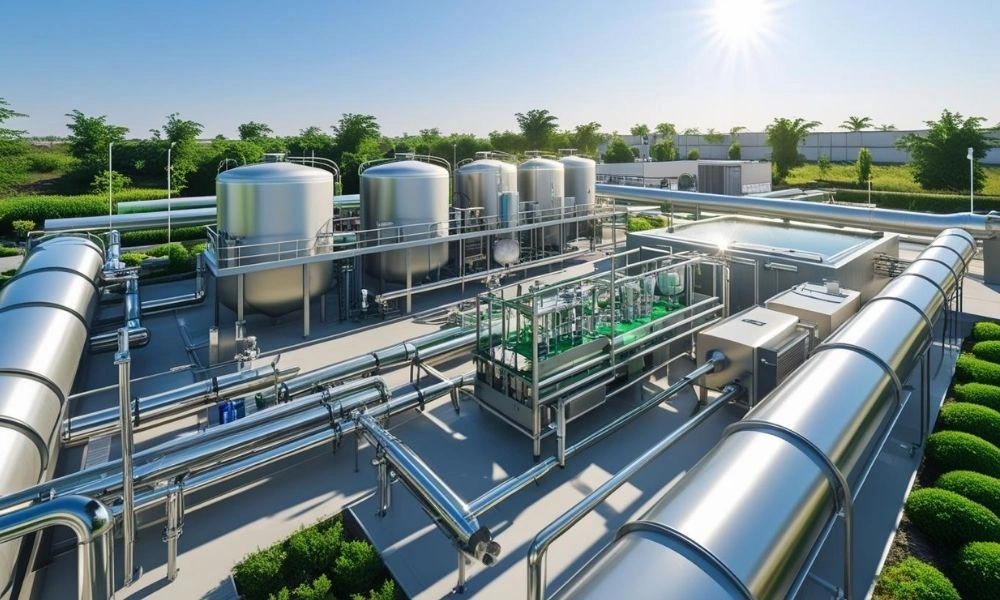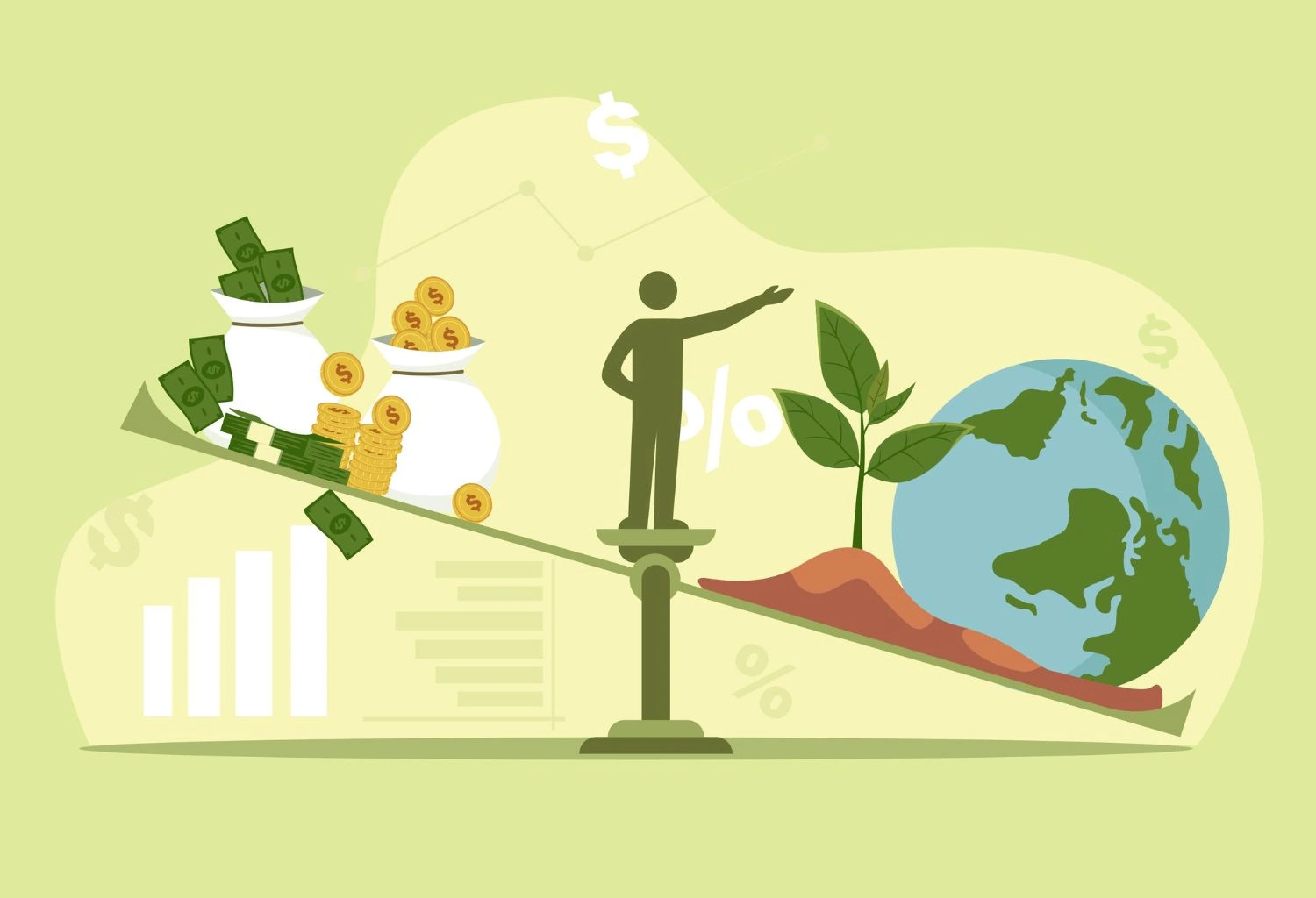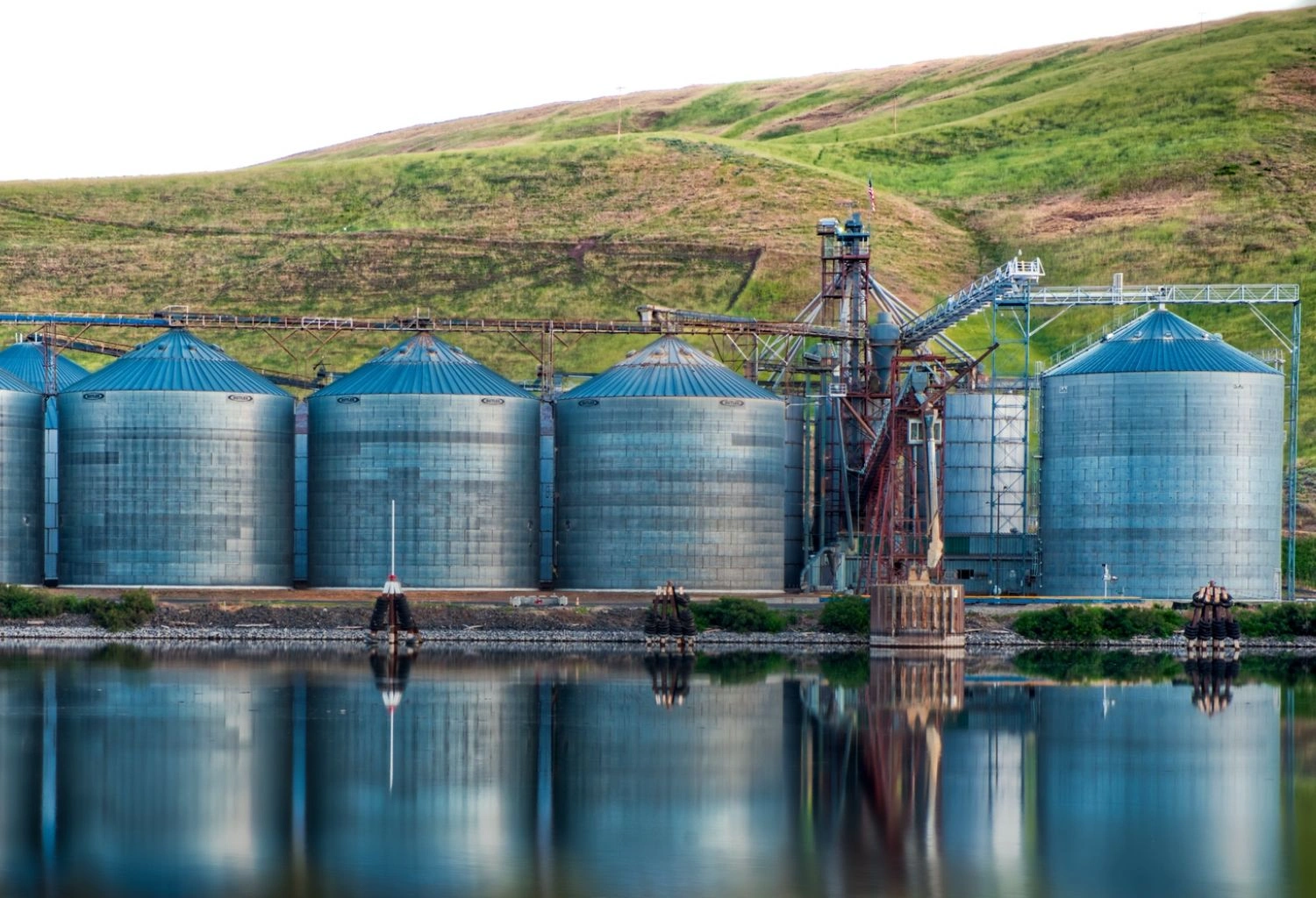Water Care Services Pakistan (WCSP) delivers industry-leading, ISO-certified ETP services in Pakistan, designed to meet the country’s growing environmental and regulatory needs. With advanced technologies and sustainable operations, WCSP is the top-rated provider for industries seeking efficient wastewater treatment, legal compliance, and long-term performance solutions.
Green & Blues
Why Are Effluent Treatment Plants (ETPs) Important to Industries in Pakistan?
What Is the Role of ETPs in Industrial Wastewater Treatment?
Effluent Treatment Plants (ETPs) are essential plants that treat industrial wastewater before it is released into the environment. In Pakistan, textile, food processing, chemical, and pharmaceutical industries produce contaminated wastewater. If not treated, these effluents are harmful to water bodies, public health, and agriculture.
ETPs minimize pollution by eliminating toxic substances, heavy metals, suspended solids, and organic matter. They allow the reuse of water for various non-potable purposes, reducing the consumption of fresh water and enabling sustainable operations.
How Does the Expanding Industrial Base of Pakistan Generate a Demand for ETP Services?
With fast-paced urbanization and increasing industrial action in cities such as Lahore, Karachi, and Faisalabad, the volume of wastewater is growing. The limited water resources of Pakistan also add to the pressure on industries to recycle and treat water.
Thanks to the stricter environmental regulations imposed by the Environmental Protection Agency (EPA) of Pakistan, having a functional ETP is no longer merely ethical, but legally mandatory. High-rated ETP services assist industries in meeting these standards while boosting their eco-friendly reputation.
What Sets Water Care Services Pakistan Apart as a Top ETP Solution Provider?
How Is WCSP Unique Compared to Conventional ETP Providers?
Water Care Services Pakistan (WCSP) is different because of its modern and eco-friendly approach. Started in 2007, WCSP employs the latest technologies such as:
- Bioremediation: Natural bacteria degrade pollutants.
- Advanced Oxidation Processes (AOPs): Oxidizing agents decompose difficult-to-remove organic matters.
- Electrocoagulation: Debris removal through electric current.
- MBBR (Moving Bed Biofilm Reactor): Increases efficiency of biological treatment.
WCSP provides low-sludge, energy-conserving, and user-friendly systems that lower operating costs and environmental pollution.
What Certifications Uphold WCSP’s Credibility?
WCSP is ISO certified, and it shows international conformance in environmental and quality standards. Its staff is professionally trained in international best practices and follows local EPA regulations, which is a guarantee of reliability and trust.
How Do ETP Systems Work?
What Are the Stages of an Effluent Treatment Plant?
Primary Treatment (Mechanical Stage)
- Elimination of bulky solids, oils, and grit
- Screening and sedimentation operations
Secondary Treatment (Biological Stage)
- Application of microorganisms to break down organic pollutants
- Activated sludge or MBBR systems applied
Tertiary Treatment (Advanced Stage)
- Final polishing with filtration, AOP, or UV disinfection
- To ensure discharge to local standards or water reuse
Sludge Handling
Dewatering and safe disposal or reuse of sludge
Wastewater Treatment System
Why Choose Customized ETP Systems for Your Industry?
What Are the Benefits of Industry-Specific Wastewater Solutions?
Every industry generates wastewater of a unique nature. For instance:
- Textile: High COD, colorants, and surfactants
- Food & Beverage: Organic load and fats
- Pharmaceutical: Chemical residues and antibiotics
Custom ETPs designed by WCSP address targeted pollutants, maximize performance, and cut unnecessary costs or chemicals.
How Do ETP Services Help with Sustainability and Compliance?
Can ETPs Assist in Zero Liquid Discharge (ZLD)?
Yes. WCSP delivers state-of-the-art ETP systems that enable ZLD strategies, where no effluent escapes the environment. Water is instead treated to the full extent and reused, which conforms to global sustainability standards.
How Do ETPs Help with Environmental Compliance?
Pakistan’s EPA regulations mandate industries to:
- Regulate pH and TDS levels
- Eliminate toxic and non-biodegradable compounds
- File regular compliance reports
Best-rated ETP services make this an easy process by featuring computerized monitoring, low-maintenance functions, and EPA-approved discharge.
Which Industries Stand to Gain the Most from ETP Services in Pakistan?
Salient Sectors Availing WCSP’s ETP Services:
- Textiles and garments
- Pharmaceuticals and chemicals
- Food and beverages
- Oil and gas
- Healthcare and hospitals
- Paper and pulp
- Dairy and livestock
What Are the Long-Term Benefits of Collaborating with WCSP?
How Does WCSP Facilitate Ongoing Maintenance and Optimization?
WCSP doesn’t simply install ETPs—instead, they provide thorough after-sales support, including:
- Operator training
- AMC (Annual Maintenance Contract)
- Remote monitoring installation
- Troubleshooting and performance audit
Their focus on operational reliability, customer satisfaction, and technology upgrades guarantees long-term advantages.
How Much Do ETP Services Cost in Pakistan?
Are ETP Solutions Economical for Medium-Sized Industries?
Yes. WCSP plans economical solutions with:
- Minimal chemical utilization
- Energy-efficient processes
- Modular architecture to enable convenient scalability
- ROI within 2–3 years for most customers
Affordability and value are major reasons why WCSP is the name of choice in Pakistan’s wastewater treatment industry.
What Is the Future of ETP Technology in Pakistan?
Yes. WCSP is looking to invest in IoT-enabled smart ETPs with real-time monitoring, predictive maintenance, and cloud-based reporting. These advancements are designed to enhance:
- Treatment accuracy
- Regulatory reporting
- Energy use optimization
Pakistani future hinges on water sustainability, and intelligent ETPs are at the center of that change.
Frequently Asked Questions (FAQs)
1. What is an Effluent Treatment Plant (ETP)?
An ETP is a system that removes pollutants like chemicals, metals, and organic waste from industrial wastewater before it’s released, ensuring environmental safety and regulatory compliance.
2. Why do industries in Pakistan need ETPs?
Industries produce contaminated wastewater. ETPs help treat this water to protect the environment, reduce health risks, and comply with EPA regulations to avoid legal penalties.
3. How does an ETP system work?
ETPs work in stages: primary (removes solids), secondary (biological treatment), tertiary (advanced filtration/disinfection), and sludge handling to treat water and make it safe for reuse or discharge.
4. What technologies does WCSP use in ETPs?
WCSP uses advanced technologies like Bioremediation, AOP, Electrocoagulation, and MBBR for efficient, energy-saving, and sludge-free wastewater treatment tailored to various industries.
5. Is ETP installation legally required in Pakistan?
Yes. Pakistan’s Environmental Protection Agency mandates ETPs for industries to meet water discharge standards, regulate pollutants, and submit regular environmental compliance reports.
6. Which industries benefit most from ETP services?
Textile, pharmaceuticals, chemicals, food & beverage, oil, hospitals, and paper industries benefit greatly from customized ETPs to treat wastewater efficiently and stay legally compliant.
7. What are the benefits of customized ETP systems?
Custom ETPs address specific pollutants in different industries, ensuring cost-effectiveness, improved treatment efficiency, and better alignment with water reuse and sustainability goals.
8. What is Zero Liquid Discharge (ZLD) and how does ETP help?
ZLD is a method where no wastewater leaves the industry. ETPs treat and recycle water entirely, promoting eco-friendly operations and compliance with global sustainability standards.
9. Are ETP services affordable for medium-scale industries?
Yes. Companies like WCSP offer modular, low-energy systems with minimal chemical use, providing affordable solutions and ROI within 2–3 years for most medium-sized firms.
10. What’s the future of ETP technology in Pakistan?
Future ETPs will be smart and IoT-enabled, offering real-time monitoring, predictive maintenance, and digital compliance tracking—making industrial water management smarter and more sustainable.



